

Considering how exaggerated music is,
Yevgenia Belorusets, Jazmina Figueroa, Elijah Jackson, Jelena Luise, Johan Grimonprez, Astrid Lorange
7–17 Dec 2022
Considering how exaggerated music is
Blindside Emerging Curator Mentorship 2022
A group exhibition with work by Yevgenia Belorusets, Jazmina Figueroa, Johan Gimonprez, Elijah Jackson, Astrid Lorange and Jelena Luise curated by Sanja Grozdanic with mentorship from Angela Brophy.
The German term Übertreibungskunstler, translating to artist of exaggeration, is an epithet invented for the writer Thomas Bernhard. Bernhard was initially trained as an opera singer, and though a chronic lung condition made a life of performance impossible, perhaps something of his sense for dramatic musicality found its way into his prose. Bernhard’s monologues exceed a hundred pages before breaking; characters and narrative are sparse in favor of a theatre of consciousness.
I evoke Bernhard for his unyielding demands of art and language.
In 1988, under commission from Claus Peymann, director of the Viennese Burgtheater, Bernhard wrote the play Heldenplatz, to be performed for the hundredth anniversary of the theater's opening. The year also coincided with the 50th anniversary of the Anschluss, when Nazi Germany annexed Austria. Heldenplatz is the square where Hitler addressed a crowd of thousands.
To quote from the play directly: “you mustn’t forget that you find yourself in the most murderous of all European states [..] there are now more Nazis in Vienna than in 1938”. Heldenplatz caused a national scandal; president Kurt Waldheim described it as an “insult to the Austrian people,” and the Burgtheater was placed under police surveillance following right-wing attacks. Such a reaction is hardly unprecedented; national history is composed of forgetting as much as remembering. Denial is the cultural project par excellence.
Bernhard died one year after the play opened. To an extent, every text is, itself, a will towards survival. Bernhard understood this, and its corollary — which is to say he understood the power of silence as a speech act. His will provided the specific instructions of an Übertreibungskunstler:
“I emphasize expressly that I do not want to have anything to do with the Austrian state and that I reject in perpetuity not only all interference but any overtures in that regard.”
Bernhard banned the publication and production of his plays and novels in Austria for 70 years (the full length of their copyright).
This short literary history intends to unpick the term exaggeration as well as the poetics of memory.
The title Considering how exaggerated music is is borrowed from the great poet Leslie Scalapino, whose concept of ‘new time’ referred to the possibility of obviating linear conceptions of temporality, suggesting that time may fold, fragment, and layer; and as such, yield to forms of representation. Here we could take from Mikhail Bakhtin: “language is the struggle against the necessity of certain forms.”
This ten-day program at Blindside takes language as its jumping-off point: specifically, language that refuses (illusions of) neutrality and allows feeling to take on form. A diverse set of artistic practices are united by an insistence on grasping history and social life as a totality. Perhaps more than any other art form, sound—inherently embodied, relational, and profoundly haptic—can unsettle or suspend accepted hierarchies (if only temporarily).
Paul Gilroy defines sound as a “politics of transfiguration”; Tina M. Campt, in Listening to Images, writes that “to a physicist, audiologist, or musicologist, sound consists of more than what we hear. It is constituted humanly by vibration and contract and is defined as a wave”. How can sound urge a collective (distinct from mimetic) set of responses or gestures? Put another way, when does the gap close between fictive and embodied worlds?
In Speedboat (1976), Renata Adler recalled one of Edith Piaf’s numerous final concerts at the Paris Olympia:
“She was singing “Je ne suis pas folle.” She ended the song, as always, with maniac laughter. On this particular evening, someone way back in the theater echoed that laughter. At first, it was thought to be a prankster, or at least a heckler. Then it was thought to be part of the performance. But when that insane laugh continued, bitter, chilling, on Edith Piaf’s precise note, like one tuning fork of madness responding to another, three ushers and six members of the audience escorted the laughing lady, with infinite courtesy, to the street.”
The world, as ever, echoes. Listening is never passive.
Sanja Grozdanic, 2022.
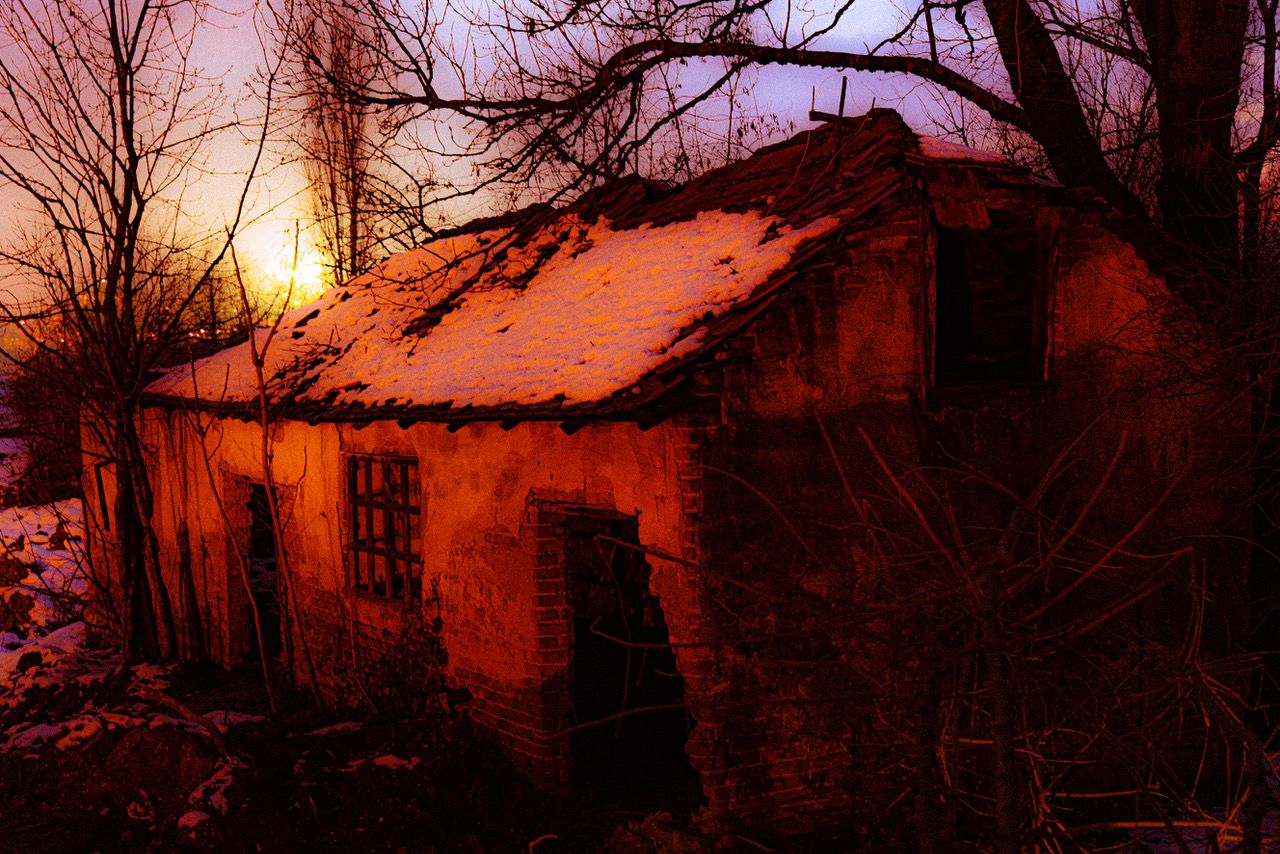

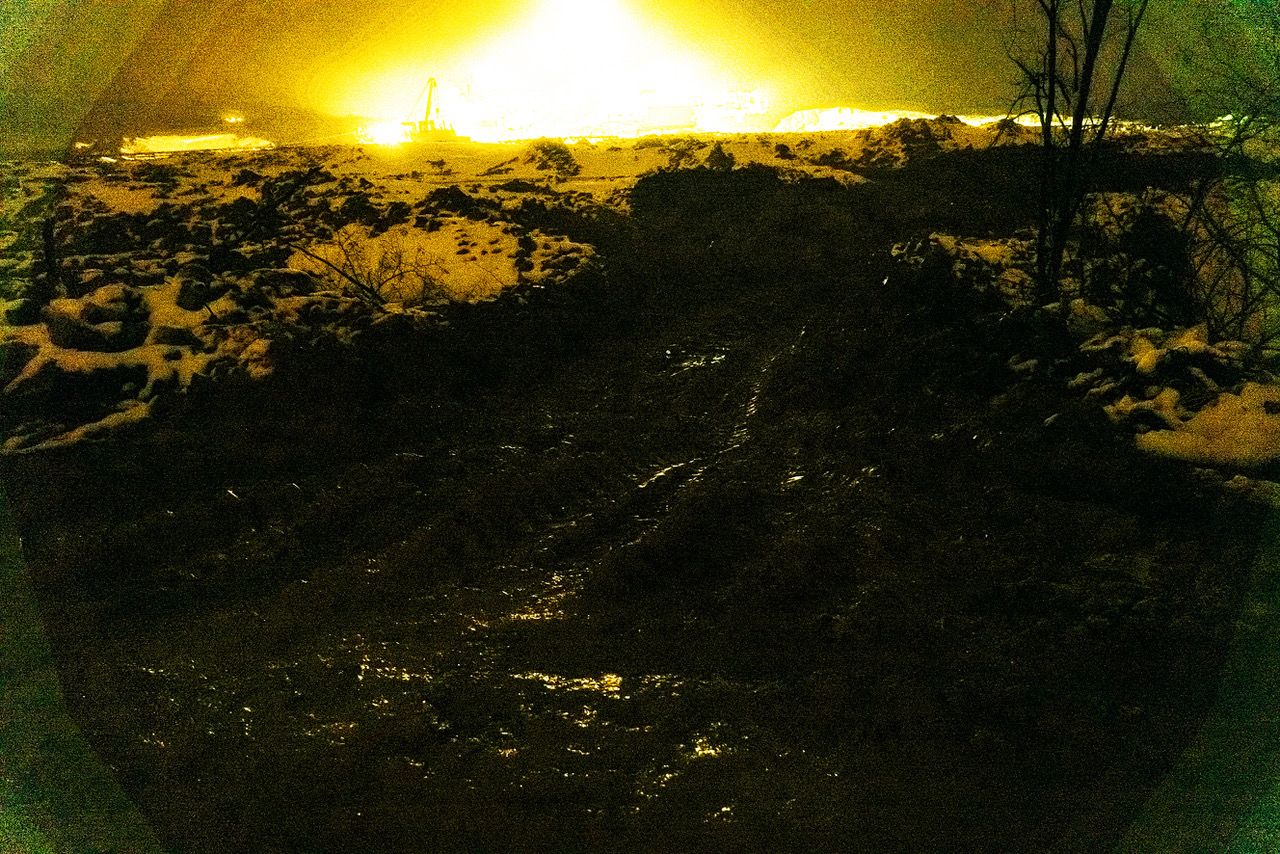



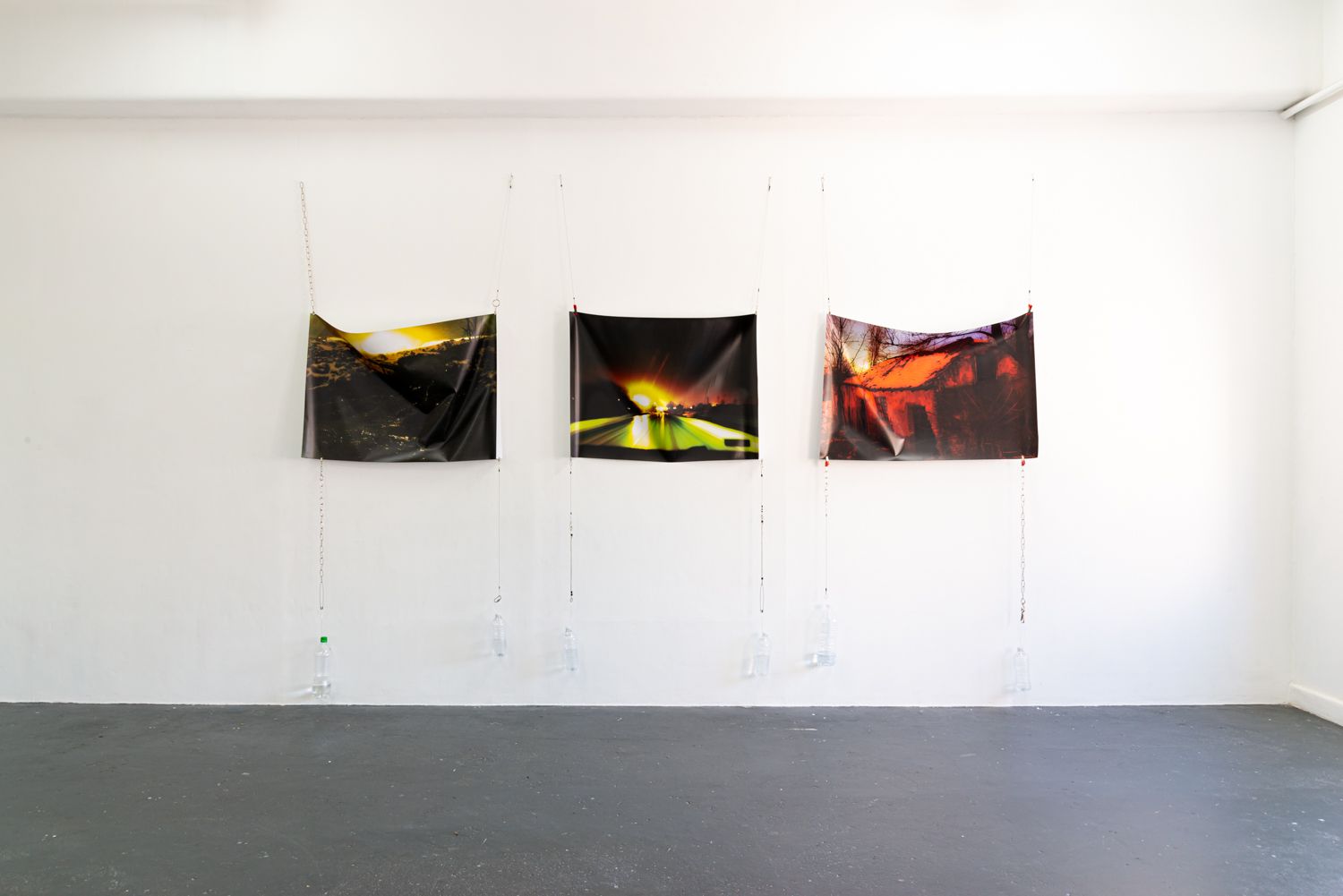

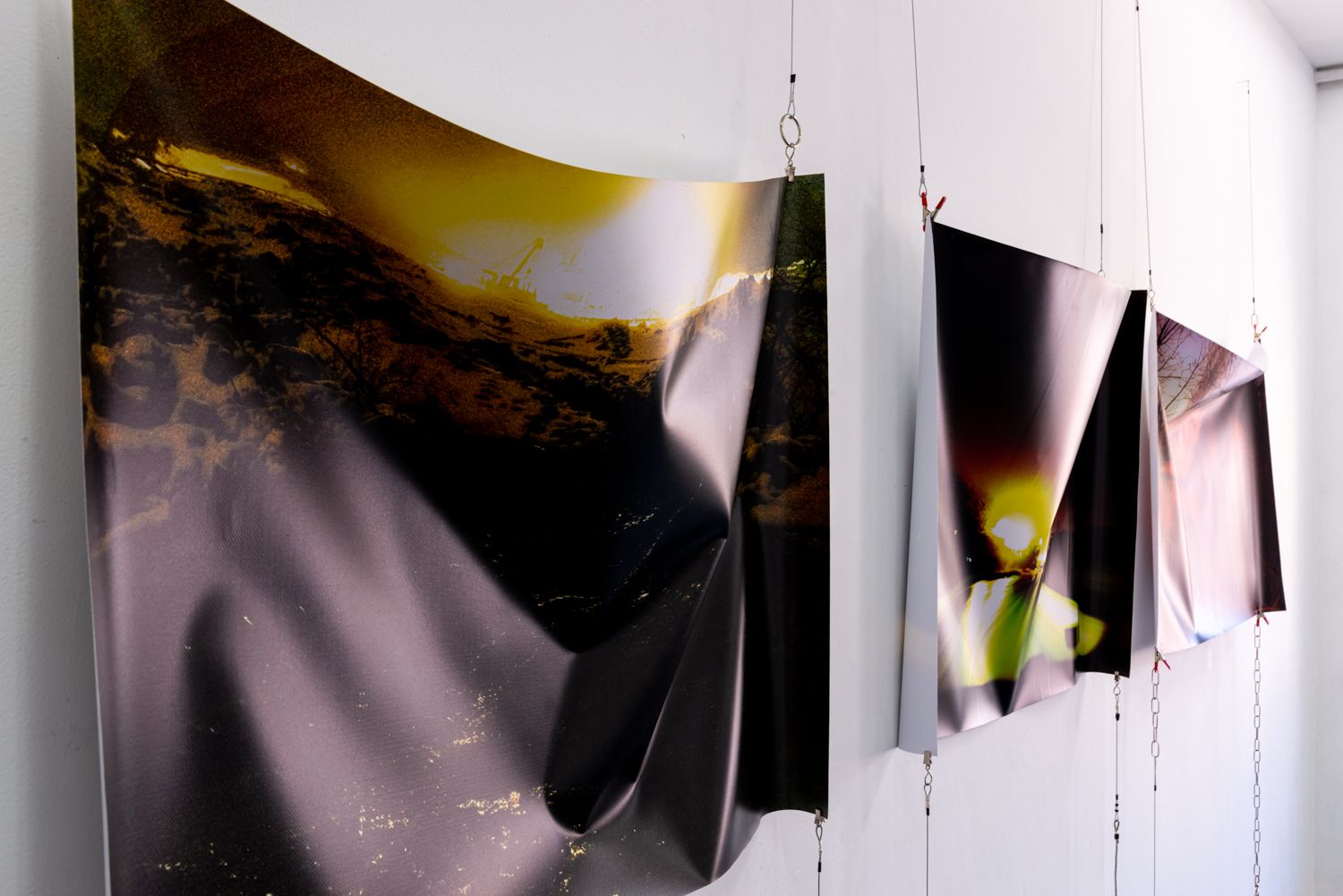

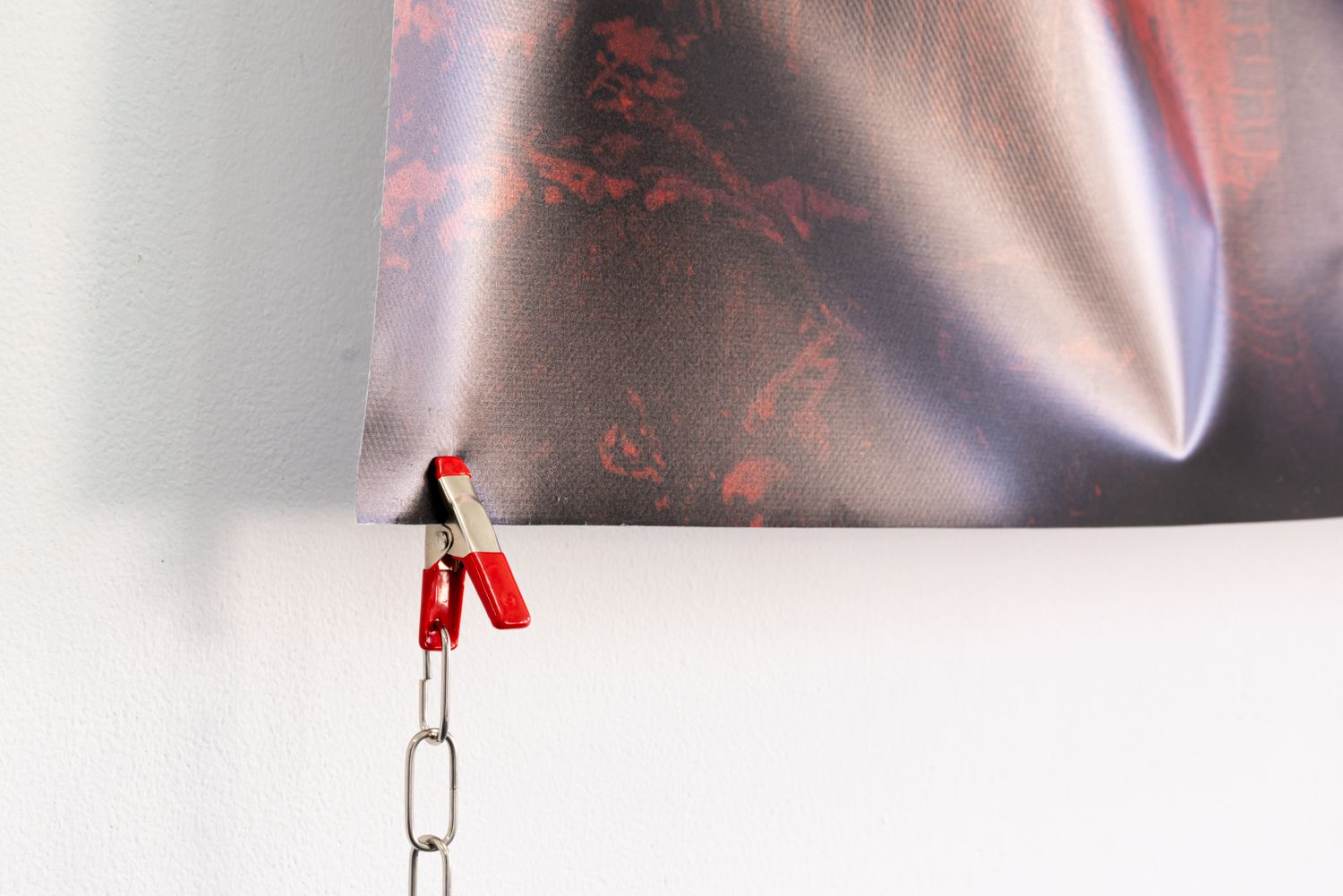

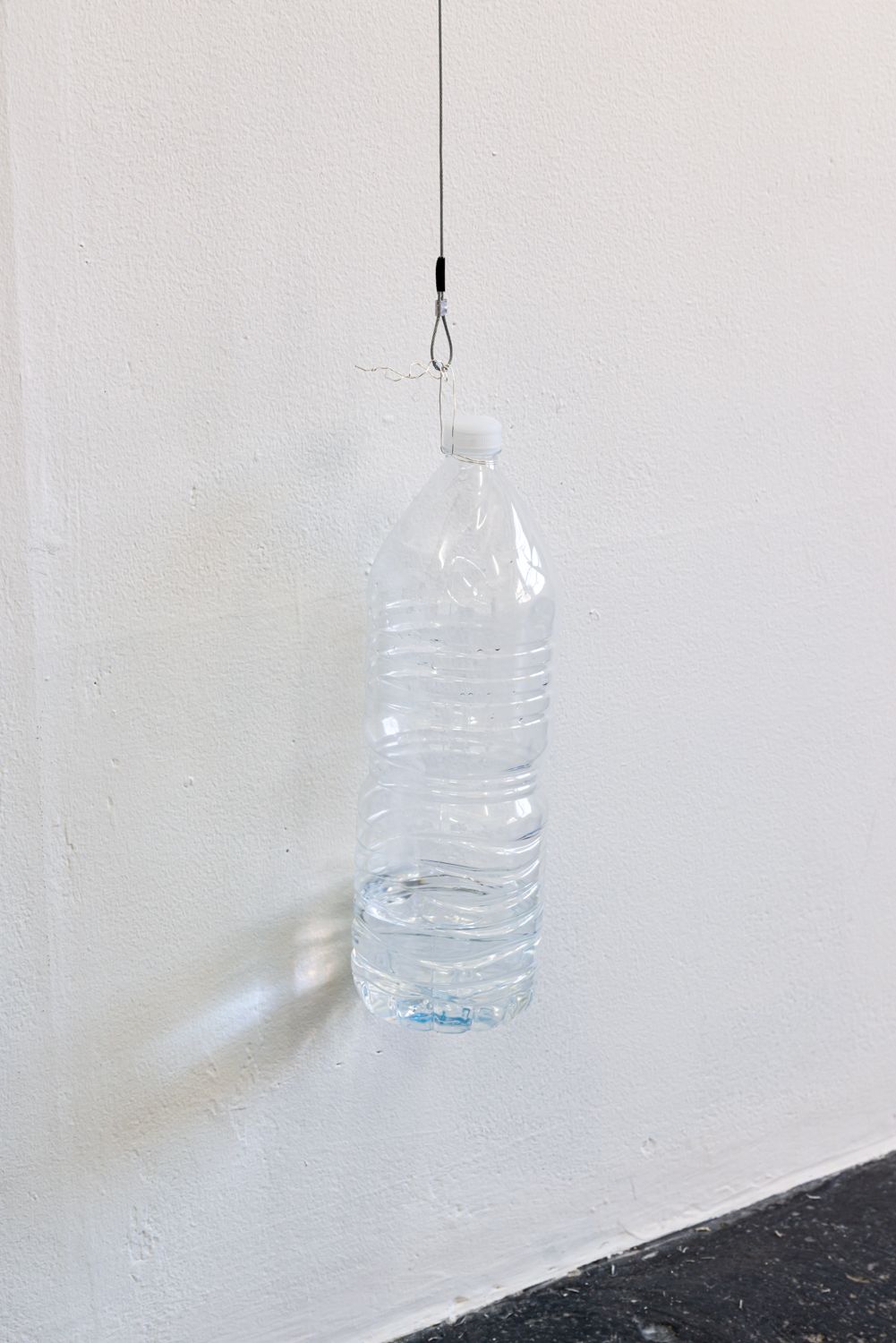

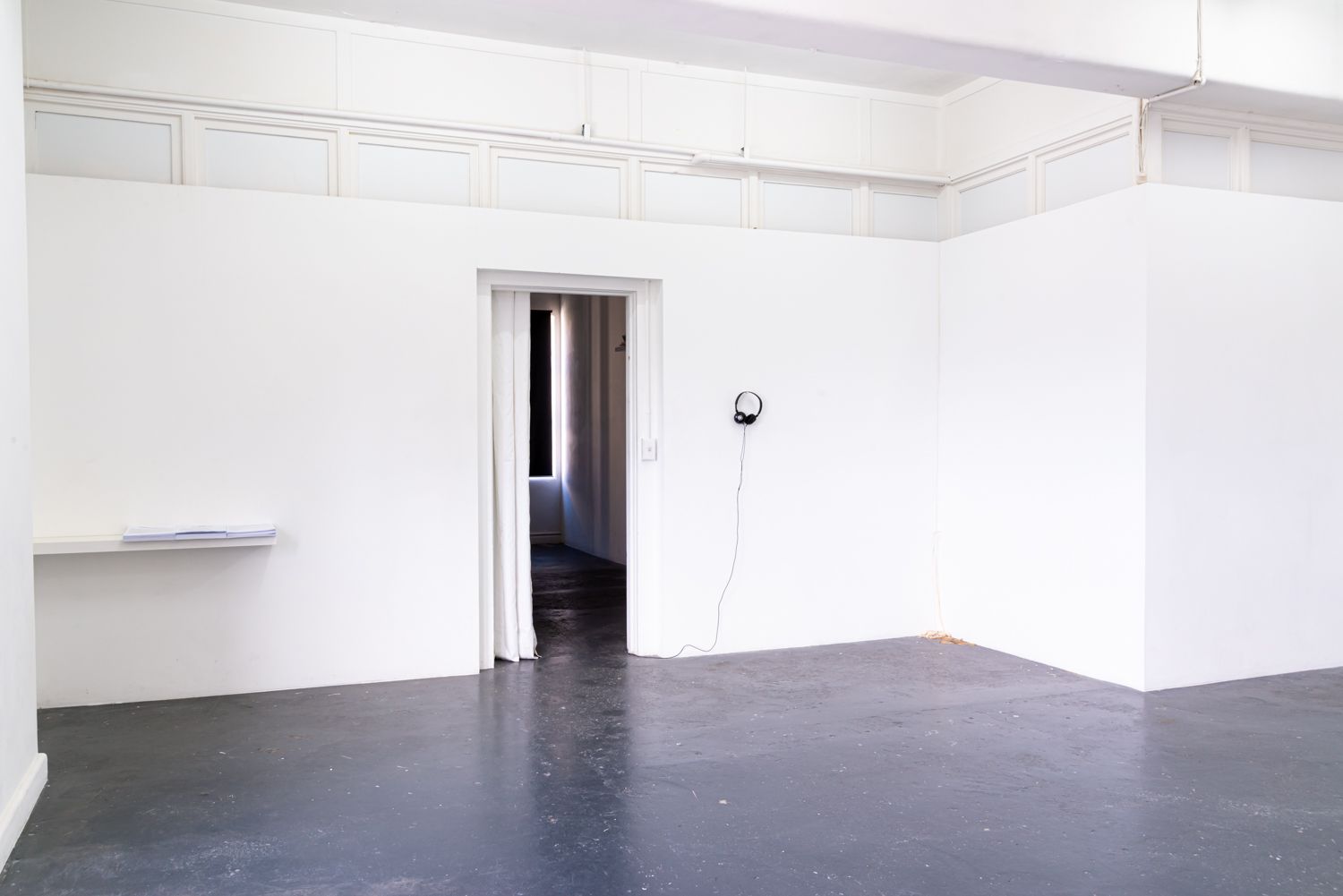

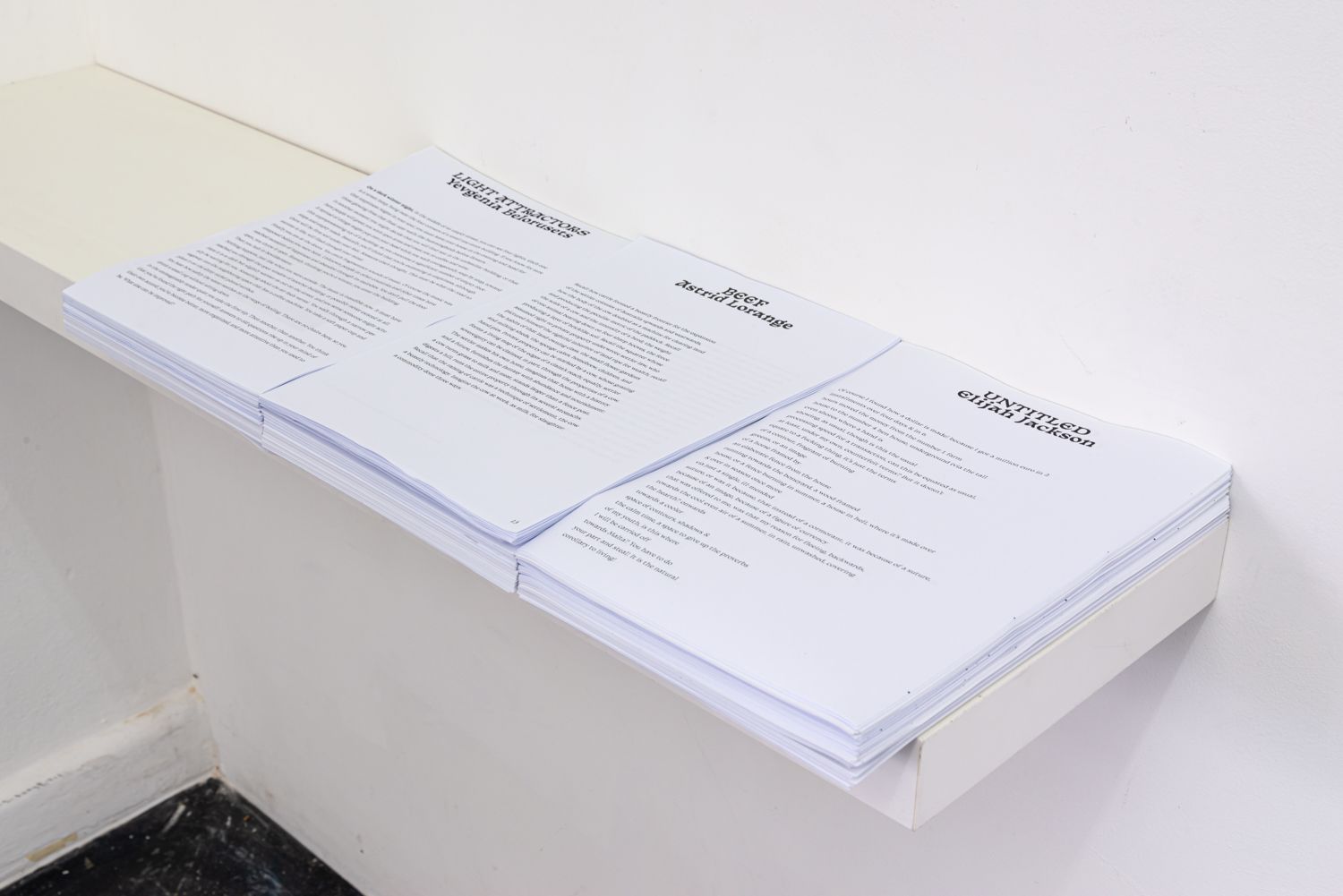

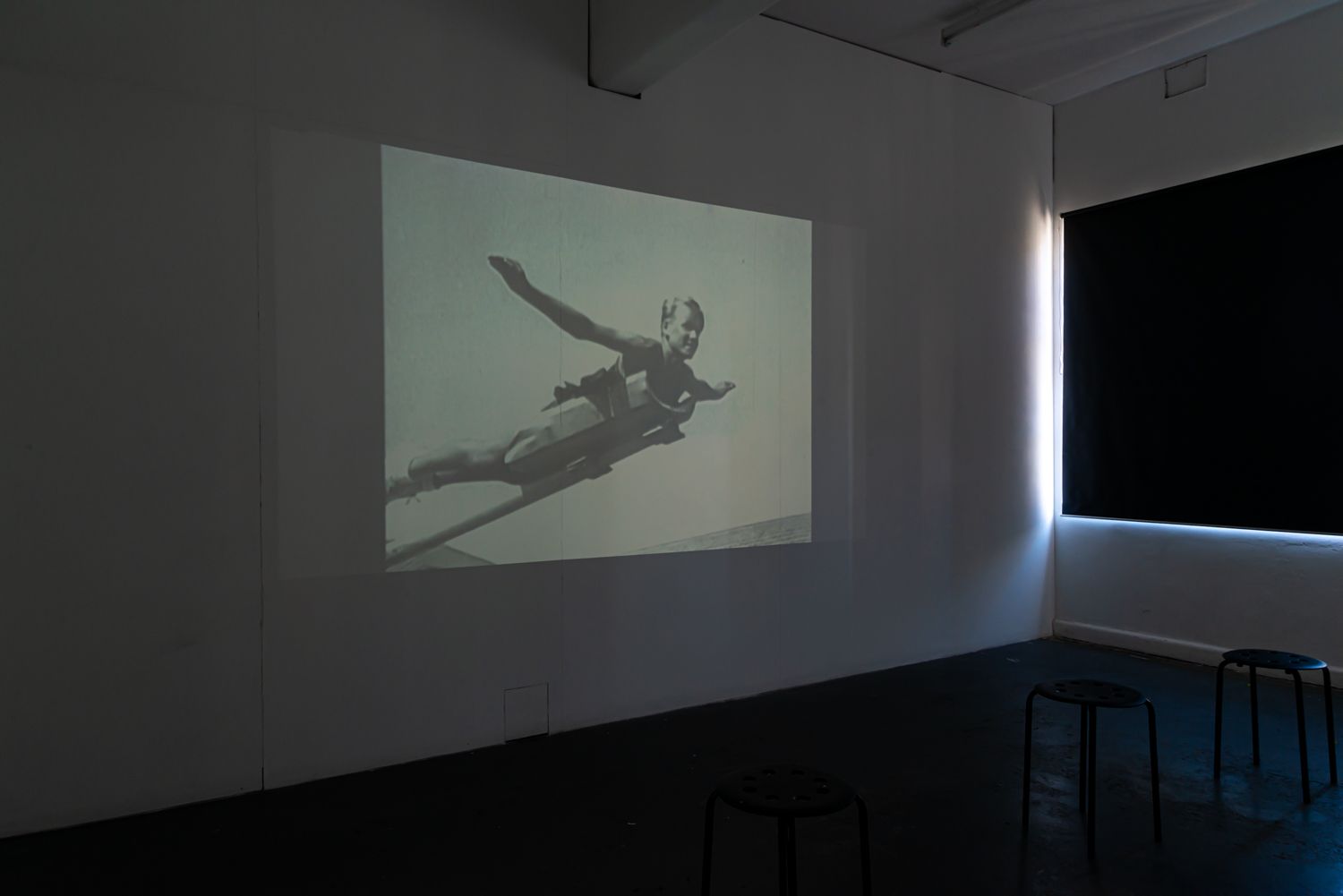

The Blindside Emerging Curator Mentor program is focused on curatorial research and the development of an exhibition at Blindside. This year's curatorial mentor is Angela Brophy.
Sanja Grozdanić, a writer living in Berlin, is the 2022 emerging curator.
Supported by the City of Melbourne.
This program takes place on the land of the Wurundjeri people of the Kulin Nation. We recognise that sovereignty was never ceded - this land is stolen land. We pay respects to Wurundjeri Elders, past, present and emerging, to the Elders from other communities and to any other Aboriginal or Torres Strait Islanders who might encounter or participate in the program.
Yevgenia Belorusets is a Ukrainian artist, writer, and photographer born in Kyiv in 1980. In her works, she calls attention to the most vulnerable sections of Ukrainian society. Yevgenia is a co-founder of the journal Prostory, a member of the interdisciplinary curatorial collective Hudrada, an author of the photo series Victories of the Defeated and books Lucky Breaks (recipient of the International Literature Award — Haus der Kulturen der Welt in 2020) and Series of Lectures on the Modern Life of Animals.
Her works meet at the intersection of visual art, literature, journalism, and activism making a solid connection between document and artistic language. The most recent work is The War Diary was presented alongside the wartime work of Ukrainian artists Nikita Kadan and Lesia Khomenko on the occasion of their exhibition at the 59th Venice Biennale.
She lives and works in Kyiv and Berlin.
Jazmina Figueroa is a Berlin-based writer. In her work, she focuses on the consequences (or imaginaries) that correlate with entropy through recorded and arranged performance lectures, written works, and curation – as a positive force and non-linear movement.
Her previous writing and research also critically examine data extraction and experiences with new media and technology as immensely personal, non-scalable, and inherently socio-political. Jazmina’s essays on artistic subjects have been featured in Texte Zur Kunst, Flash Art, ArtForum, The Arts Of Working Class, and other publications.
Elijah Jackson is a writer based in Berlin. His poetry has been published or is forthcoming in Forever Magazine, KeithLLC, Caniche Editorial, 1080press, and others. In 2021, his chapbook In afternoon was shortlisted by Ugly Duckling Presse for a chapbook prize.
Jelena Luise is a photographer and artist preoccupied with the condition of transit. Their practice traverses the complex interplay of images in relation to time and memory and is intrigued by emotive repercussions of power. Jelena’s collaborative and solo work has been shown at Chiasso Biennale, Editorial Projects, Firstdraft Gallery, BADLAND, HIGURASHI (ECAL, 2020), SCREENSAVERS (Walther König, 2022) among others. They live and work in Berlin.
Johan Grimonprez’s critically acclaimed work dances on the borders of practice and theory, art and cinema, documentary and fiction, demanding a double take on the part of the viewer. Informed by an archeology of present-day media, his work seeks out the tension between the intimate and the bigger picture of globalization. It questions our contemporary sublime, one framed by a fear industry that has infected political and social dialogue. By suggesting new narratives through which to tell a story, his work emphasizes a multiplicity of realities.
Astrid Lorange is a writer, editor, and artist who lives on unceded Wangal country. With Andrew Brooks, she makes art as Snack Syndicate and co-edits Rosa Press. She is Senior Lecturer in the School of Art & Design at UNSW Sydney and the author of essays, books, and poems. Raw Materials is forthcoming with Atelos Press.
Angela Brophy has a curatorial practice that spans project-based engagement, exhibition-making, writing and publishing, in independent and institutional contexts. She has developed curatorial projects for the Ian Potter Museum of Art, ACCA, MUMA, CCP; was an Editor and Board Member of un Projects, and Director of Faculty Gallery, Monash University, and Platform, Melbourne. She teaches curatorial methodologies and exhibition design studios, as well as Art/Design History & Theory, at RMIT.
Sanja Grozdanićis a writer and cultural worker. Her work is particularly concerned with issues of memory, dispossession, and deviance, and the slippages between public and private grief, anxiety, and imagination. Recently, she co-wrote Permanent Trespass (Beirut of the Balkans and the American Century) with Bassem Saad; the pair performed at The Mousonturm (DE), Sunflower Theatre (LB), and Stroom den Haag (NL), with an upcoming performance at centrale fies (IT). She was shortlisted for the White Review Short Story Prize 2020 and her writing can be found in The White Review, The Griffith Review, Tank Magazine, Pilot Press, and SSENSE, among others.










